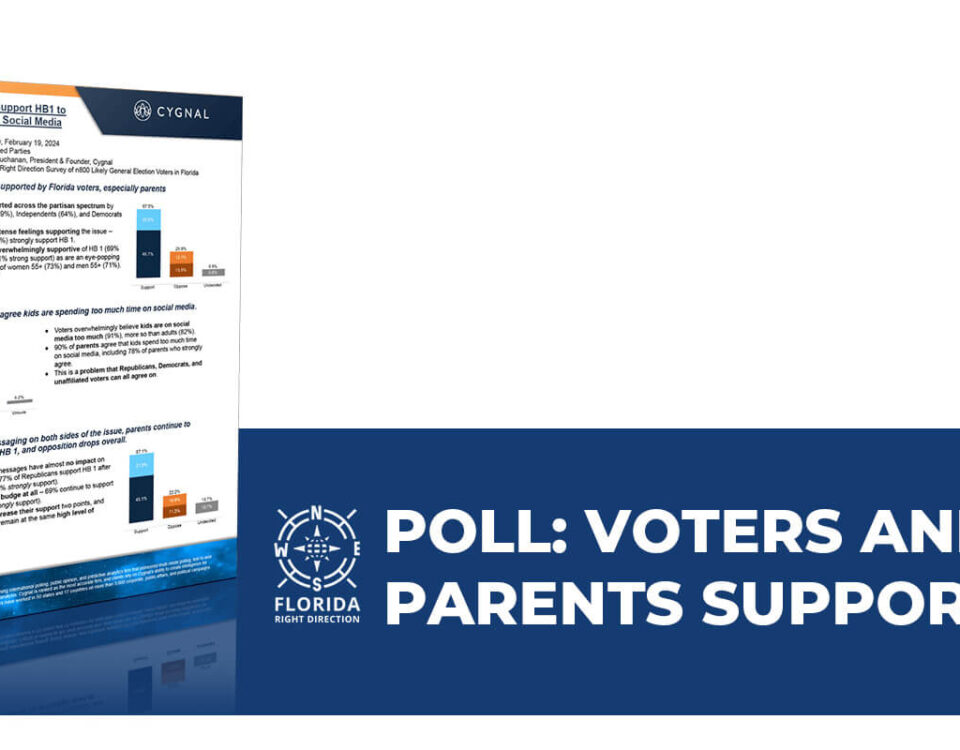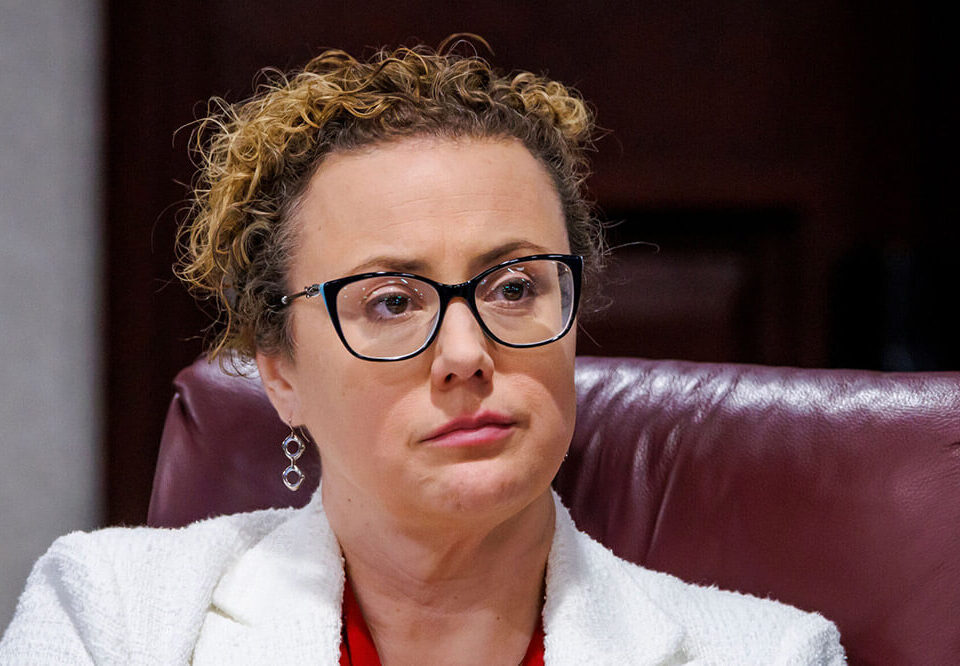Jada Williams
ABC Action News Tampa
TAMPA, Fla. — Social media is everywhere these days, it seems. But access to social media could be cut for some Floridians.
House Bill 1 is Florida House Speaker Paul Renner’s priority this year. He believes the bill addresses a danger that’s developed over the last ten years, citing advisories by the U.S. Surgeon General.
HB1 sets out to ban Floridians 16 and younger from being able to open a social media account.
“Persistent hopelessness and loneliness, mental health issues, contemplating suicide were down below 1%, and you see a hockey stick— teens and preteens since social media came online. I’m telling you, we are going to go back and look at this as a tragedy,” said Speaker Renner.
The bill doesn’t specifically name any social media sites in particular. Instead, it explains social media as:
“An online forum, website, or application offered by an entity that does all of the following:
- Allows the social media platform to track the activity of the account holder.
- Allows an account holder to upload content or view the content or activity of other account holders.
- Allows an account holder to interact with or track other account holders.
- Utilizes addictive, harmful, or deceptive design features or any other feature that is designed to cause an account holder to have an excessive or compulsive need to use or engage with the social media platform.
- Allows the utilization of information derived from the social media platform’s tracking of the activity of an account holder to control or target at least part of the content offered to the account holder.”
A third-party verification system would become another step to signing up for a site that aims to weed out any young people. Existing accounts would also have to be deleted.
It would still allow for our younger Floridians to access emails, direct messaging, streaming services, news and entertainment sites, online shopping, interactive gaming, photo-editing, neighborhood groups, job-related sites, and video conferencing.
It’s a bill that has many in our community talking.
House Rep. Anna Eskamani said she’s worried the policy is vague enough that it’ll wind up in court on a First Amendment challenge.
Social media companies like Meta have also raised opposition to the legislation, preferring a policy with parental consent at its core. They also warn of constitutional concerns, saying age verification would require taking sensitive personal information.
In our community, people see the damaging impacts of social media but feel the government shouldn’t regulate it.
“Certain Age? Yeah,” one person we talked to on the Riverwalk.
“I don’t think they need them, but it’s nice to connect with your friends,” said another.
Jennifer Katzenstein provides some deeper context. She’s the co-director at the Center for Behavioral Health at John’s Hopkin’s All Children’s Hospital.
“Age 13 is when we want to be able to really start thinking about social apps and having their own accounts. Prior to that age, we aren’t supposed to be doing that, and it’s less developmentally appropriate,” she said.
I spoke to one woman who said she got her first social media account at 13. Today, she regrets it.
“We’ve seen a U-shaped curve, and what I mean by that is no social media use or really high social media use has resulted in increasing depression and anxiety, especially in females or girls, whereas there is a just right amount of social media use that is not showing an increase in depression and anxiety,” said Katzenstein.
Another parent said it’s much easier to control what their child sees but fears when her child becomes a teenager.
“One of them already has a device, but I have the ability to have my own parent app and filter what she can see. But when I can’t do that anymore, then I will be looking for those other avenues of educating myself,” she said.
“Is your child ready? That varies by each of our children, the trust they’ve built with you in the past, and their responsibility to use these devices in a meaningful way,” said Katzenstein.
As for the government stepping in and trying to regulate social media use, many say it’s too far.
“I can see where it can come from a good-hearted perspective. But then, when you start over making everything to antiseptic, to sterilize, then our teenagers come up, and now they’ve got the freedom. And that can be scary to grow up in a very antiseptic, protected area.”
“I feel like it should be up to parents,” said another.
“No, no, I don’t think. I don’t think the government should get involved in that school too far. It’s overstepping their their responsibilities.”
There’s also the potential for a civil suit with this bill. If a social media company doesn’t take down a teenager’s account, parents could take legal action, including the possibility of landing up to $10,000 in damages and court fees.
The bill has cleared in the Florida House. The next step is for Florida’s Senate to talk about it.
Read the Full Article on ABC Action News Tampa




